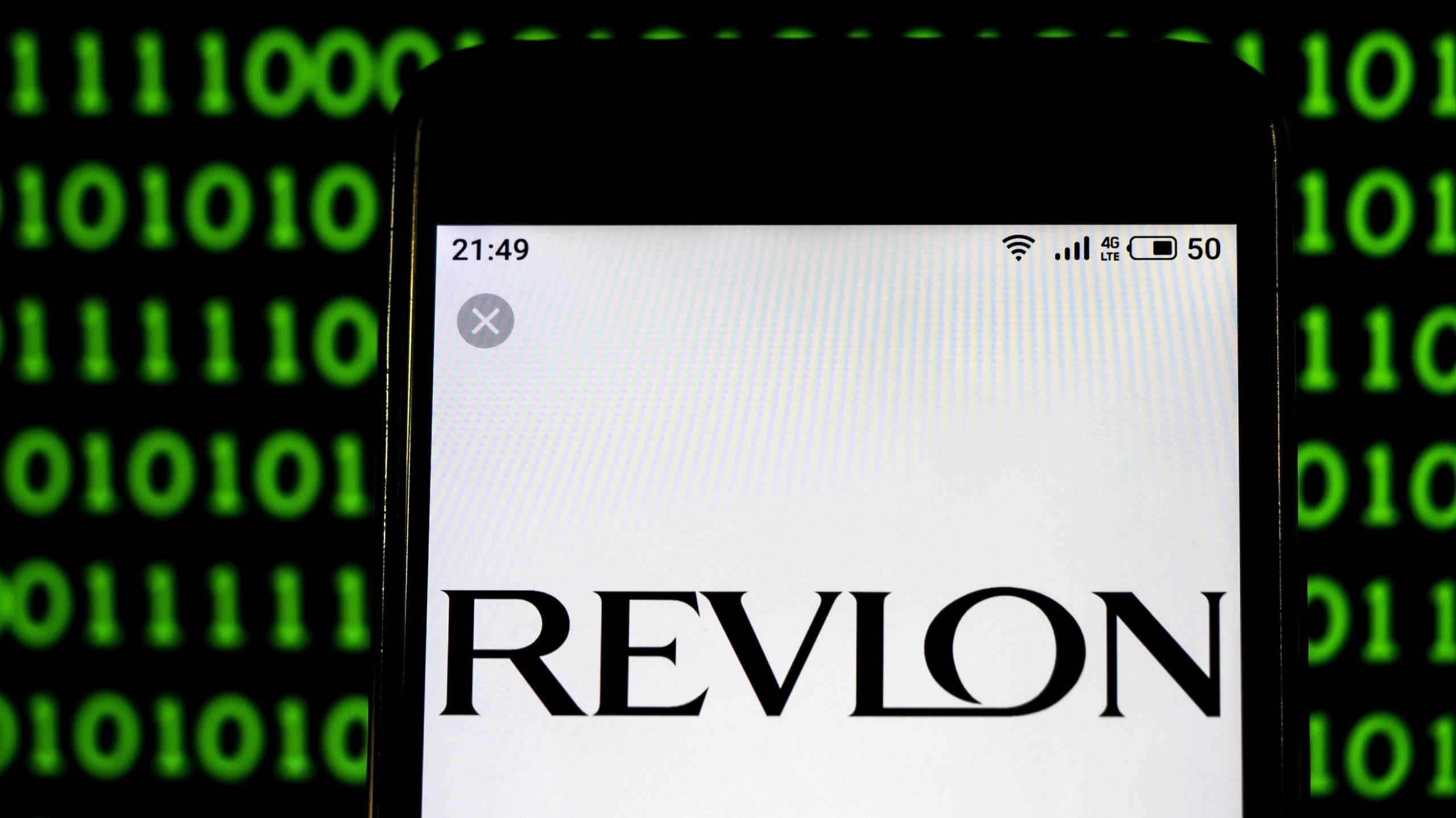
Over the last decade, fashion and beauty companies have had to adopt new marketing strategies as the influencer industry continues to prove as one of the most lucrative ways to drive sales. The days of relying on a brand’s heritage are drifting and executives are forced to find their way in today’s hyper-digital world. Celebrity placements are also not as impactful as they once were and identifying social media influencers with a devoted following has become more important than ever. Within the last two years, Revlon announced Megan Thee Stallion as the brand’s newest ambassador, but even with Megan’s growing influence, Revlon’s celebrity ambassadors could not dig the cosmetic company out of its debt.
Ronald Perelman, who is the owner of Revlon and a billionaire investor across numerous industries, recently filed for Chapter 11 bankruptcy to keep Revlon operating while the company works out a payment plan with its creditors. Reports say that the court filing revealed that the cosmetics giant is facing a debt value that exceeds $3.0 billion.
Although Revlon has been in business for 90 years and has become one of the most renowned names in the beauty industry, the company has struggled to keep up with its direct competitors such as L’Oreal and Estée Lauder and even newer cosmetic companies that are growing fast because of their lack of engagement with social media influencers. On top of that, it doesn’t help that the company is also struggling with supply chain challenges and inflation that product-based companies have been experiencing since the beginning of the pandemic.
Revlon has made mighty strides in the past and they even made history in 1970 when they became the first beauty company to feature a Black model, Naomi Sims. However, to maintain success, today’s businesses must be able to evolve with technology.




